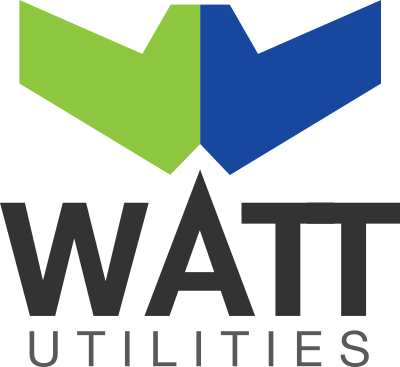
The Australian Energy Market Commission (AEMC) has introduced a draft rule that may significantly impact participants in the National Electricity Market (NEM). For Australian businesses, particularly small and medium-sized enterprises (SMEs) and commercial and industrial (C&I) sectors, understanding these changes is crucial as they could influence costs and market accessibility.
The AEMC’s draft determination proposes to expand credit support options available to market participants in the NEM. Under the current regulations, participants were typically required to provide a bank guarantee or bank letter of credit, both of which can be cost-prohibitive and restrictive, especially for smaller retailers.
With the new draft rule, participants can now offer up to $5 million in cash as credit support, utilise surety bonds from providers that meet acceptable credit criteria, and access credit support from a wider range of financial providers. According to AEMC Chair Anna Collyer, the Commission has crafted a more balanced draft rule that aims to ease the entry barriers for smaller retailers by enhancing flexibility whilst simultaneously managing risks effectively.
By providing an expanded range of credit support options, the draft rule is set to address existing concerns regarding accessibility to traditional credit support options. Collyer notes that, “Our draft determination provides greater flexibility for market participants to meet their financial security requirements, which will help reduce costs and barriers to entry, particularly for smaller retailers.”
This greater flexibility is particularly beneficial for small and prospective retailers that often face higher financing costs and limited access to capital. The introduction of these options is likely to enhance retail competition by allowing participants to choose the least-cost form of credit support that aligns with their unique financial circumstances.
AEMO’s draft rule includes multiple layers of protection. These provisions help mitigate risks associated with insolvency should a company default after providing cash as credit support. The draft also allows for more timely allocation of delayed credit support payments to other market participants. This improvement in process efficiency is expected to further stabilise the reliability of electricity supply and deliver benefits to consumers in the form of competitive pricing as well.
This initiative comes in response to a rule change request filed by Delta Electricity in October 2024. The request was influenced by the evolving environmental, social, and governance (ESG) policies of financial institutions that have made securing financing increasingly challenging for certain generators.
Collyer further commented, “While the energy transition is progressing, the AEMC recognises there is ongoing reliance on existing generation, particularly to ensure reliability through the transition period.” This means that the draft rule is crafted with the broader market and environmental dynamics in mind, allowing participants of all sizes and types, whether established or innovative new entrants, to better meet their credit obligations.
As this draft rule awaits stakeholder feedback with the consultation closing on 15 May 2025, it is vital for businesses involved in the NEM to review how these changes could impact their operations and strategy. Smaller retailers, in particular, should explore how these new credit support options could lower their entry and operational barriers, potentially leading to cost reductions.
At Watt Utilities, our Energy Managers can assist your business in navigating these evolving energy market landscapes. If you are an SME or C&I entity looking to capitalize on these changes, you may consider consulting experts who can provide a tailored strategy that aligns with your energy consumption needs and financial goals.
Visit our Energy Cost Reduction page or Contact Us for tailored support.
Speak to an Energy ManagerOriginal article: AEMC



Fields marked with * are required.

Fields marked with * are required.